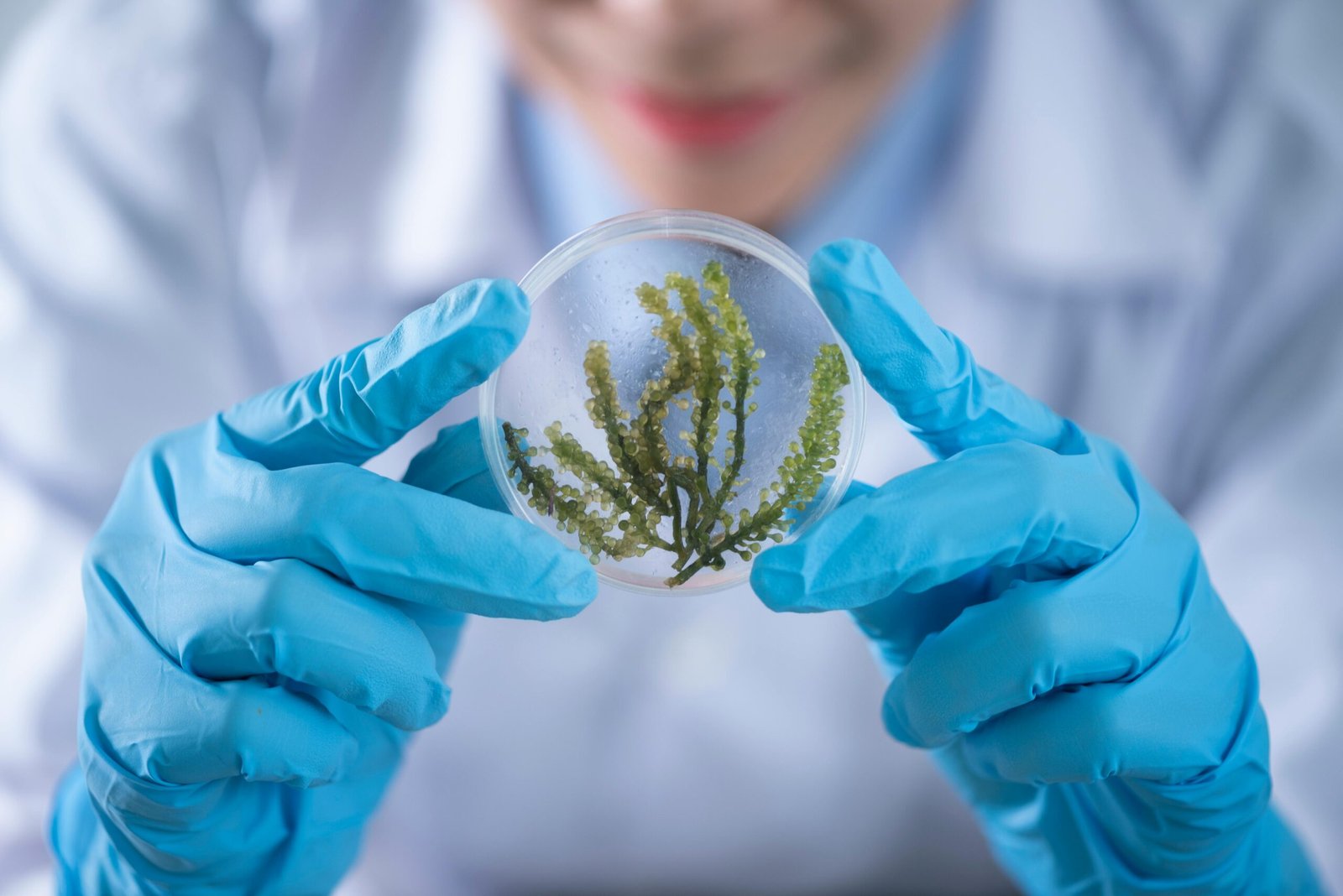The Role of Science in Advancing Pharmaceuticals

Science and pharmaceuticals are deeply interconnected, driving medical breakthroughs and improving human health. From drug discovery to advanced treatments, scientific advancements continue to revolutionize the pharmaceutical industry. This blog explores how science plays a crucial role in pharmaceutical development, its impact on healthcare, and future innovations that could change medicine forever.
Part 1: Scientific Foundations of Pharmaceuticals
1. The Science Behind Drug Discovery
Modern drug discovery relies on scientific research, including chemistry, biology, and genetics. Scientists identify potential drug candidates, test their effectiveness, and refine compounds to ensure safety. Advanced technologies like AI and computational modeling help predict drug interactions, speeding up the research process and reducing costs.
2. Role of Biotechnology in Pharmaceuticals
Biotechnology has transformed the pharmaceutical industry by enabling the production of biologic drugs, including vaccines and gene therapies. Biopharmaceuticals use living cells to develop treatments, offering personalized medicine for conditions like cancer and genetic disorders. This approach improves drug effectiveness while minimizing side effects.
3. Clinical Trials and Scientific Validation
Before reaching the market, new drugs undergo rigorous clinical trials to test their safety and efficacy. These trials follow scientific protocols, using randomized testing and placebo groups. Data from these studies determine whether a drug is safe for public use, ensuring regulatory approval by agencies like the FDA and EMA.
Part 2: Innovations and Future Prospects
4. Nanotechnology in Medicine
Nanotechnology is revolutionizing drug delivery by allowing precise targeting of diseased cells. Nanoparticles improve drug absorption and reduce side effects, making treatments more effective. This technology is especially promising for cancer therapy, where targeted drug delivery can enhance patient outcomes.
5. Artificial Intelligence in Drug Development
AI is transforming pharmaceutical research by analyzing vast datasets to identify potential drug candidates. Machine learning algorithms can predict drug efficacy, optimize formulations, and reduce the time required for new treatments. AI-driven discoveries have already led to faster development of critical medicines.
6. Personalized Medicine and Genetics
Advances in genetics have enabled the rise of personalized medicine, tailoring treatments based on individual DNA. Pharmacogenomics helps predict how a person will respond to a drug, leading to customized therapies. This scientific approach minimizes adverse reactions and improves treatment success rates.
7. Ethical Considerations in Pharmaceutical Science
Scientific advancements raise ethical questions, such as drug pricing, accessibility, and genetic modifications. Ensuring fair distribution of life-saving medicines remains a challenge. Ethical frameworks guide pharmaceutical companies in balancing profit with public health benefits.
8. The Impact of COVID-19 on Pharmaceutical Science
The COVID-19 pandemic accelerated scientific research in vaccine development, demonstrating how science and pharmaceuticals collaborate in crisis response. mRNA vaccines, developed in record time, highlight the power of biotechnology and global cooperation in public health.
9. Challenges in Pharmaceutical Science
Despite advancements, challenges remain, including drug resistance, regulatory hurdles, and high development costs. Scientists are working to overcome these barriers through innovative research, policy changes, and new funding models to support pharmaceutical innovation.
Conclusion
Science continues to drive pharmaceutical innovation, leading to life-saving treatments and improved healthcare outcomes. From AI-driven drug discovery to personalized medicine, the future of pharmaceuticals looks promising. However, ethical considerations and accessibility challenges must be addressed to ensure that scientific progress benefits everyone. As research evolves, the collaboration between science and pharmaceuticals will remain essential in shaping the future of medicine.


